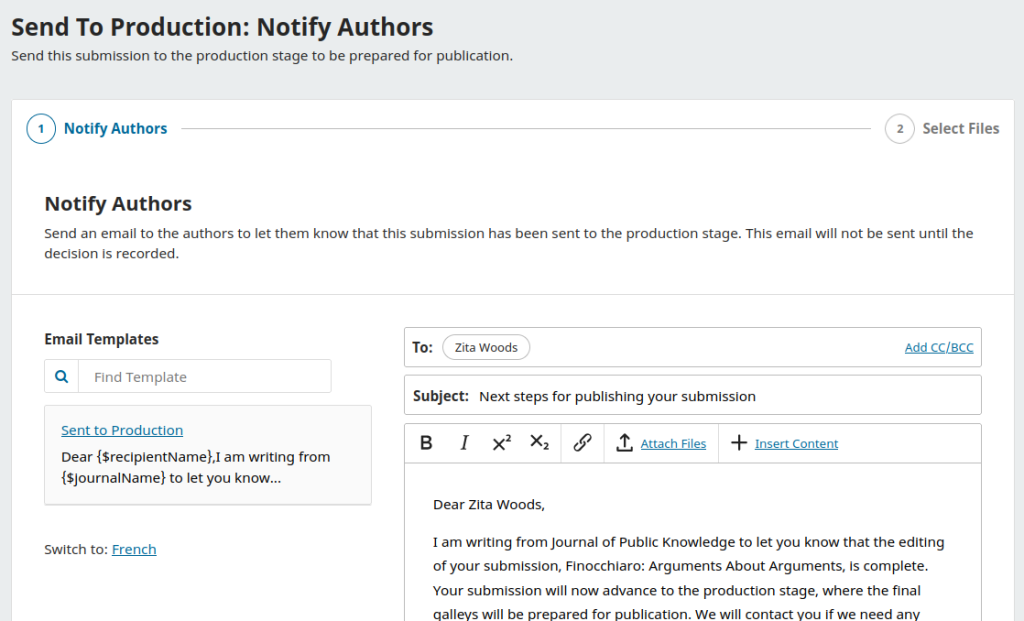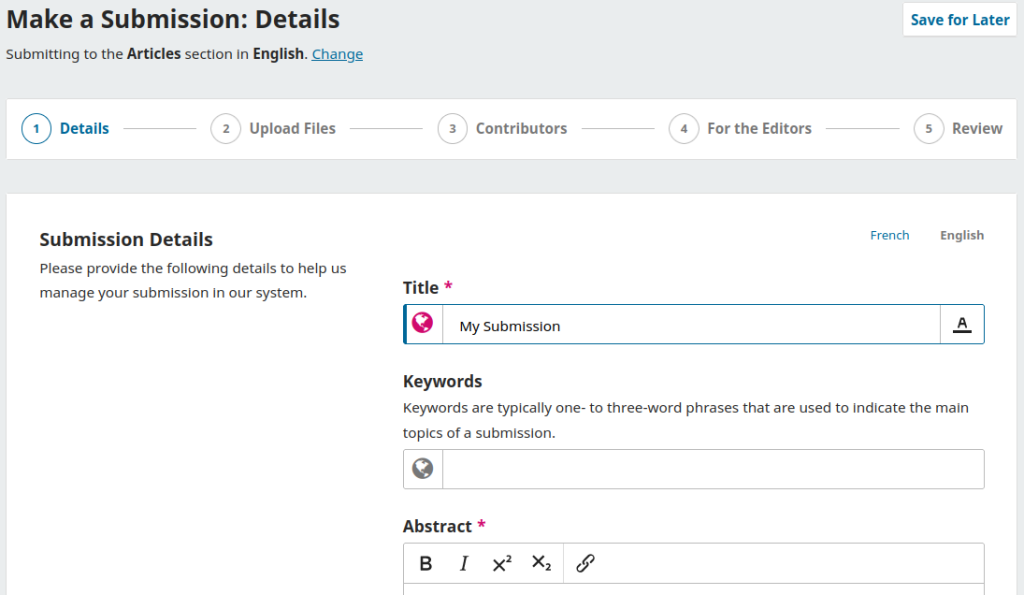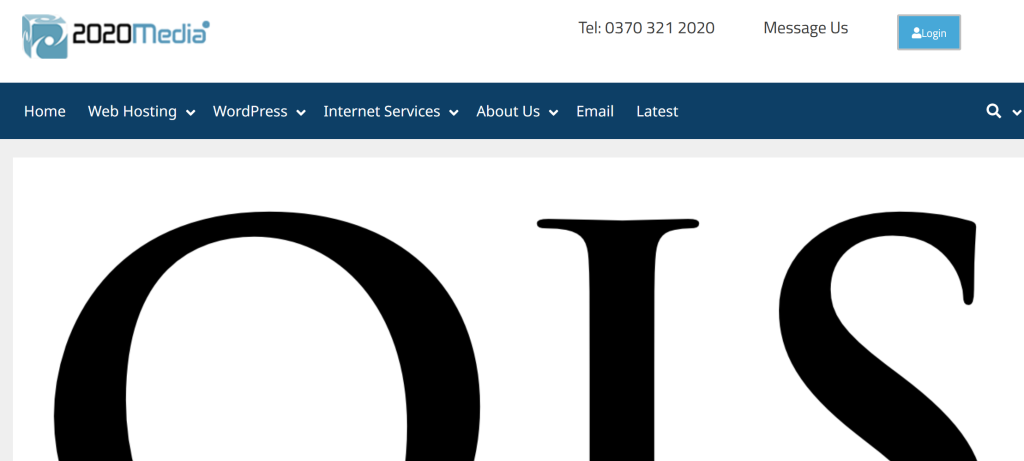The world of scholarly publishing is witnessing a transformative phase with the advent of Open Journal Systems (OJS) 3.4, a platform that has consistently revolutionized the way academic journals are managed and disseminated. The Public Knowledge Project (PKP) has once again raised the bar with its latest release, OJS 3.4, which debuted on June 9, 2023 and with further important updates in 2024. This version not only refines the existing system but also introduces a plethora of new features designed to enhance the user experience for authors, reviewers, and editors alike.
Revolutionized Email Notifications

Communication is the backbone of any editorial process, and OJS 3.4 has taken significant strides in improving this aspect. The user interface for email notifications has been overhauled, making it more intuitive and user-friendly. Editors can now send decision emails and engage in discussions with ease. The email templates have been enriched with informative content and the addition of variables for template editing, allowing for a more personalized touch.
Enhanced DOI Management
Digital Object Identifier (DOI) management has seen a major upgrade in OJS 3.4. The consolidation of DOI management into a single screen simplifies the tracking process. The introduction of tools for generating, minting, and depositing DOIs in bulk, with an initial focus on Crossref depositing, is a game-changer for publishers looking to streamline their operations.
Accessibility and Submission Wizard Rebuild

Accessibility is a critical component of any software, and PKP has ensured that OJS 3.4 is accessible to all users. The submission wizard has been rebuilt with enhanced accessibility features, offering a redesigned workflow with configurable options. Authors can now preview their submissions before finalizing them, ensuring accuracy and completeness.
Code Maintenance and Modernization
Under the hood, OJS 3.4 has undergone significant code maintenance and modernization. The introduction of namespacing, autoloading, and the adoption of Laravel’s framework for events and job queues mark a significant leap forward in aligning OJS with industry standards. The restructuring of services, DAOs, and query classes, along with the implementation of a documented code style and automatic code formatting to the PSR-12 standard, ensure stability and performance.
Should You Upgrade?
The question remains: should you upgrade to OJS 3.4? The answer is a resounding yes. The improvements in user interface, peer review functionality, multi-journal role and capability changes, security, stability, and the introduction of the new AMA citation style make OJS 3.4 an indispensable tool for modern scholarly publishing.
In conclusion, OJS 3.4 is not just an update; it’s a significant step forward in the evolution of scholarly publishing. With its user-centric design and forward-thinking features, OJS 3.4 is poised to support the academic community in achieving new heights of efficiency and accessibility.

For scholars and publishers looking to harness the full potential of OJS 3.4, 2020Media offers a seamless hosting experience that fully supports the latest OJS version. As a UK-based website hosting provider specializing in OJS, 2020Media has been at the forefront of providing robust hosting services since 2010. Their expertise in OJS is evident in their comprehensive support for the newly released OJS 3.4, ensuring that your journal operates smoothly and efficiently.
Why Choose 2020Media for OJS Hosting?
- Fast and Secure Servers: Located in London, UK, 2020Media’s servers offer top-notch speed and security, essential for managing scholarly journals.
- Free Installation and Migration: Transitioning to OJS 3.4 is hassle-free with 2020Media’s complimentary installation and migration services.
- SSL and Regular Backups: Safeguard your data with free or paid SSL certificates and regular backups, providing peace of mind and data integrity.
- Generous Bandwidth and Disk Space: With ample resources, your journal can grow without the worry of hitting resource limits.
- 24/7 Technical Support: Expert customer service is available around the clock to assist with any queries or issues.
By choosing 2020Media, you’re not just getting a hosting provider; you’re gaining a partner that understands the intricacies of OJS and the needs of the scholarly community. Their commitment to supporting the latest OJS 3.4 features means that your journal will benefit from all the new enhancements, from improved email notifications to advanced DOI management.
Incorporate 2020Media’s OJS hosting solutions into your publishing workflow and take the first step towards a more streamlined and accessible future for your academic journal.

